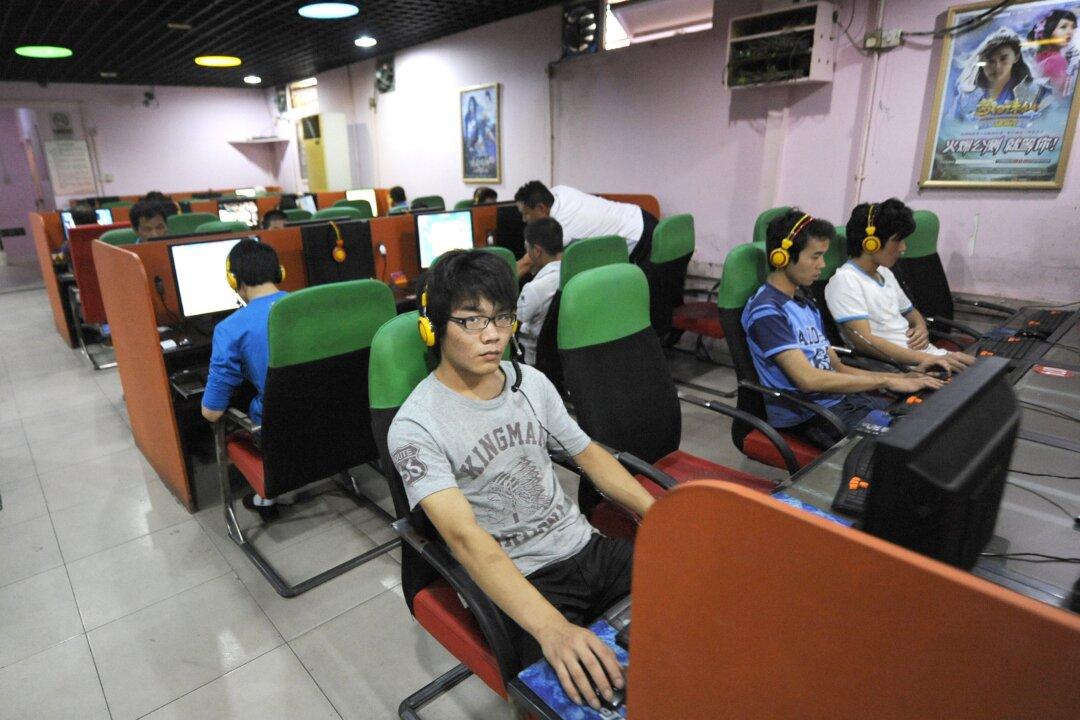Chinese authorities have released a new set of regulations for online media, raising concerns about tightening control over freedom of expression by the Communist regime.
Contained in the ordinance, released on April 28 by the Cyberspace Administration of China, is a clause saying that persons responsible for managing flagged sites will be summoned by state personnel in case of violations.
Internet censorship in China is mostly managed by individual websites, which are encouraged to toe the Party line before the Party steps in to rectify things for them. The new ordinance increases the number of conditions that, if met by online media, result in automatic state intervention.




